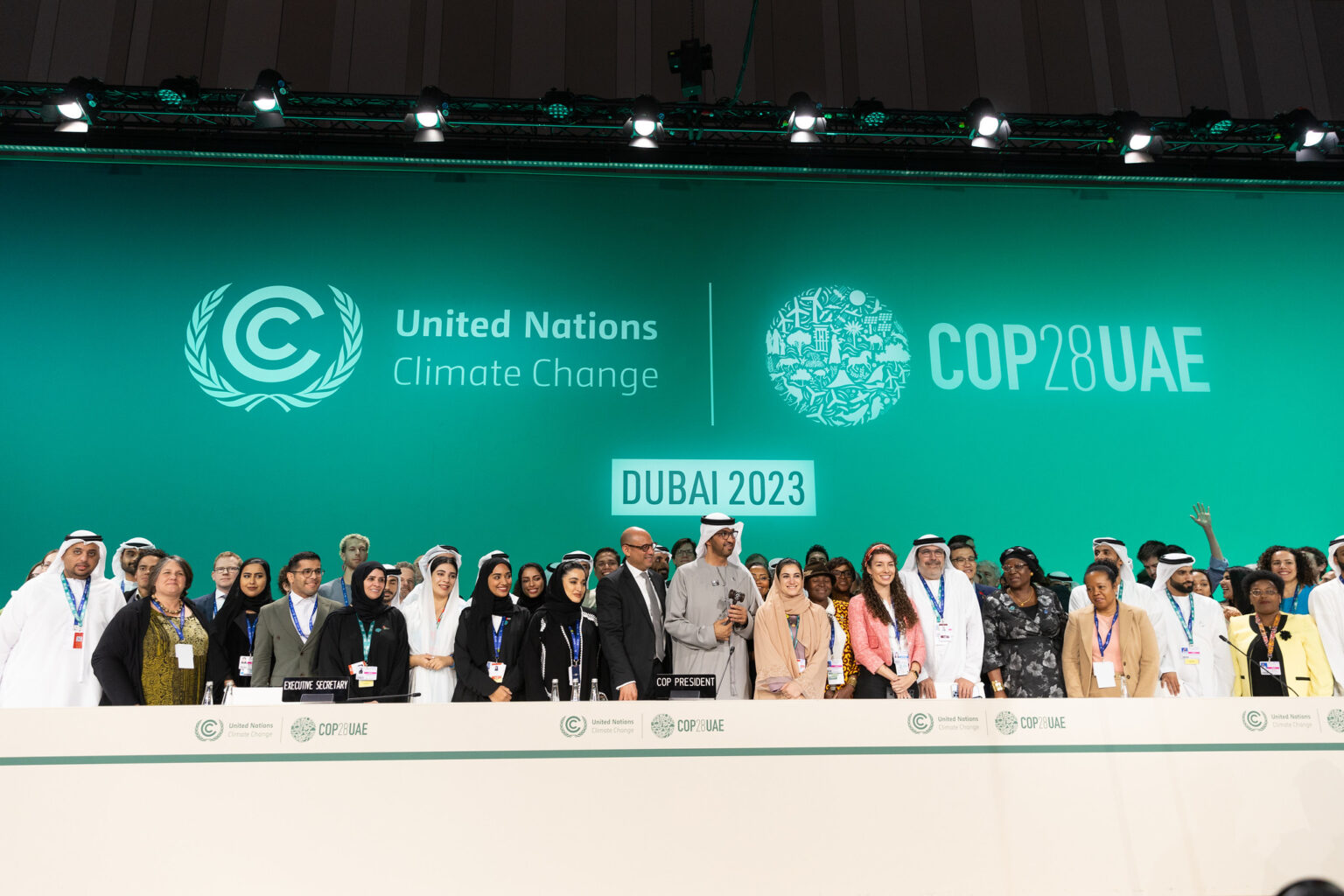The Global Stocktake is a process “for countries and stakeholders to see where they are collectively making progress towards meeting the goals of the Paris Agreement on climate change, and where they are not“.
This process is to be held every five years and plays a key role in assessing global progress towards the goals set out in the Paris Agreement, as well as identifying gaps and encouraging more accelerated climate action.
Its central purpose is to examine all aspects of climate action and international support to determine where the world stands in relation to the goals set. This includes analysis of greenhouse gas emissions, mitigation efforts, climate change adaptation and climate finance.
In essence, the Global Inventory aims to provide a comprehensive picture of global progress in combating climate change.
In addition, the Global Inventory aligns with the Paris Agreement deadline for Parties to review and update their Nationally Determined Contributions (NDCs) by 2025.
Role in global climate governance
The Global Stocktake plays a key role in global climate governance, as it is a continuous and essential process that allows parties to check whether they are on track to achieve these crucial goals. In this regard, it is worth emphasising:
1 – Assessment of the Paris Agreement goals: The process allows Parties to assess whether they are on track to meet the goals set out in the Paris Agreement, including limiting the global temperature increase to below 2°C and continuing efforts to limit the increase to 1.5°C above pre-industrial levels.
2 – Identification of gaps: The global stocktake identifies gaps between current commitments and the targets set. This helps to highlight areas where climate action needs to be stepped up to achieve the Paris Agreement targets.
3 – Stimulating ambition: By revealing the challenges and gaps in global climate action, the Global Inventory serves as a spur to action for governments and stakeholders. It encourages the review and strengthening of national policies and commitments.
4- Scientific basis: The process is science-based, using information from the UN’s Intergovernmental Panel on Climate Change (IPCC) to guide analysis and targets. This ensures that the assessments are based on reliable and scientific data.
Overall messages of the COP28 global stocktaking:
The main message of the first Global Stocktake is the recognition by world leaders that combating climate change is one of the most urgent challenges facing humanity today.
The Paris Agreement on climate change has played a key role as a catalyst for global climate action, bringing governments and non-governmental stakeholders together in a joint effort to limit global warming. However, despite positive developments, the international community is still falling short of the targets set.
Rising global temperatures, rising sea levels and extreme weather events pose imminent threats to the stability of the planet.
While the Paris Agreement represents an important milestone in mobilising global climate action, uniting governments, and various non-governmental stakeholders in a collective effort, it is widely accepted that, despite these vigorous initiatives, the world is still not on track to contain global warming within limits considered safe.
This mismatch highlights the urgent need to intensify and accelerate climate action at all levels in order to align current actions with the ambitious climate change mitigation targets set out in the agreement.
The report therefore underlines the urgent need for a paradigm shift in the approach to climate change. This implies a holistic view encompassing all sectors of society and all spheres of governance. To achieve the goals of the Paris Agreement, it is essential to accelerate ambition, action, and support across the entire climate agenda. This requires a thorough reassessment of current policies and practices, as well as a renewed commitment to climate action.
Leaders recognised that the Global Stocktake (GST) represents a crucial opportunity to assess gaps and report on improvements in the implementation of climate action and sustainable development goals. The GST assesses progress on Nationally Determined Contributions (NDCs), National Adaptation Plans (NAPs) and other climate policies, guided by equity and the best available science. It also takes into account the principles of common but differentiated responsibilities, respective capabilities and national circumstances.
The GST therefore plays a key role in identifying areas that need additional attention and in promoting effective climate action.
In addition, it has been recognised that non-state stakeholders, including businesses, investors, cities and regions, women, youth, indigenous peoples, and local communities, play a crucial role in the implementation of climate action. These stakeholders play a key role through inclusive and innovative approaches that support global efforts to address the challenges and seize the opportunities related to climate change.
In summary, these points highlight the need for a comprehensive, collaborative, and effective approach to tackling climate change. They emphasise the urgency of action, the importance of the Paris Agreement and the need for regular science-based assessments to guide climate policies. They also recognise the key role of all stakeholders in finding solutions to this global challenge.
More information:
- Article: “Global Stocktake reports highlight urgent need for accelerated action to reach climate goals” Source: United Nations


